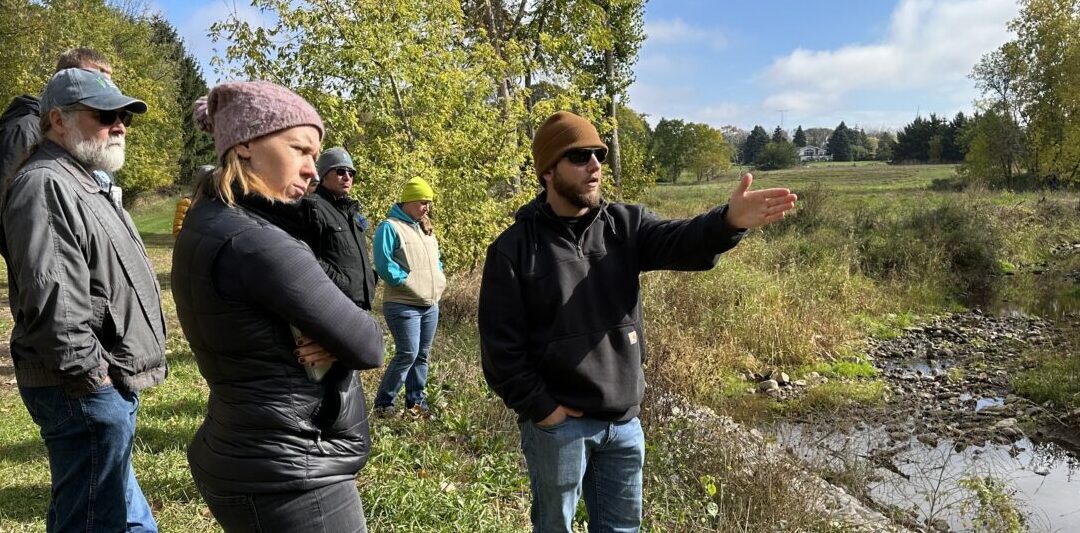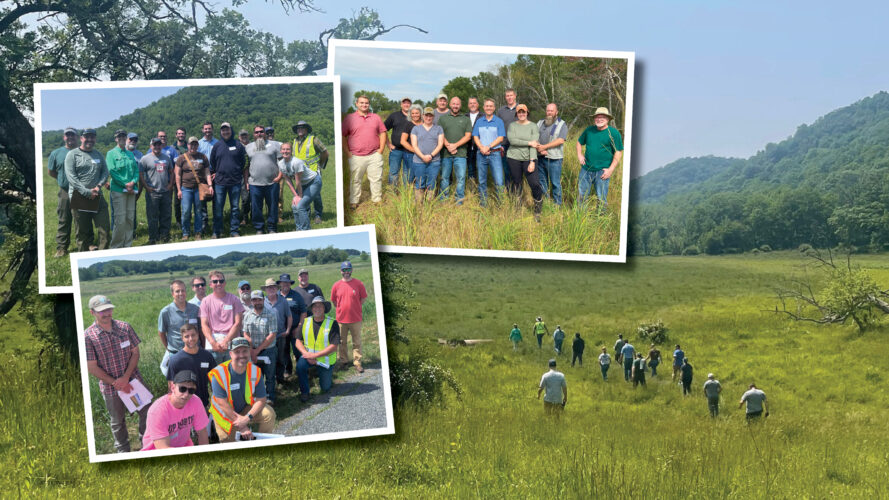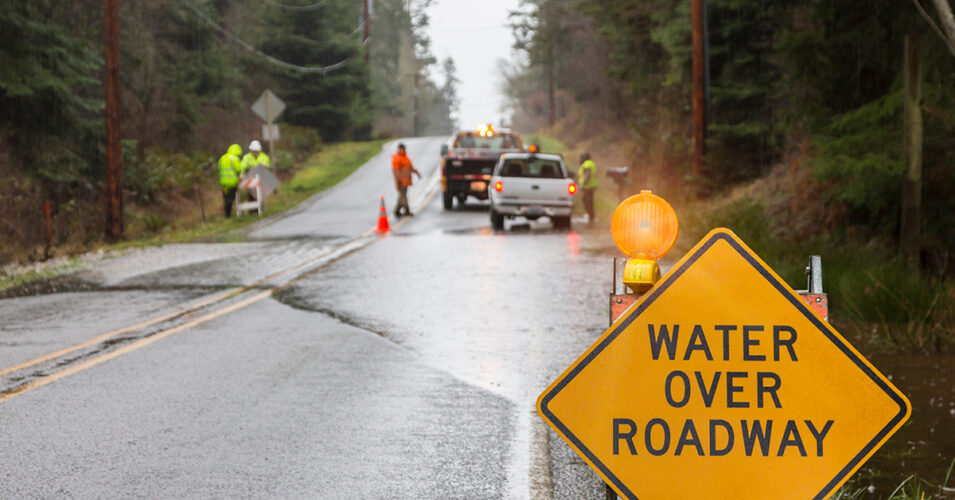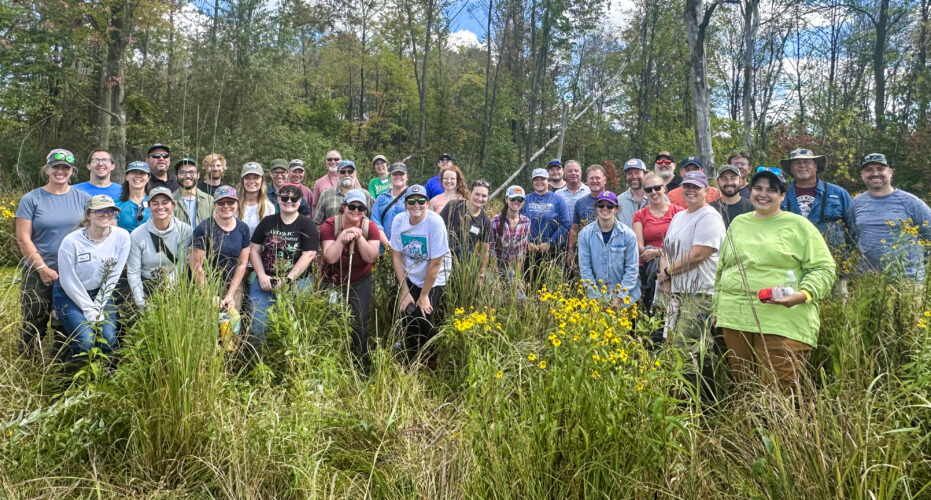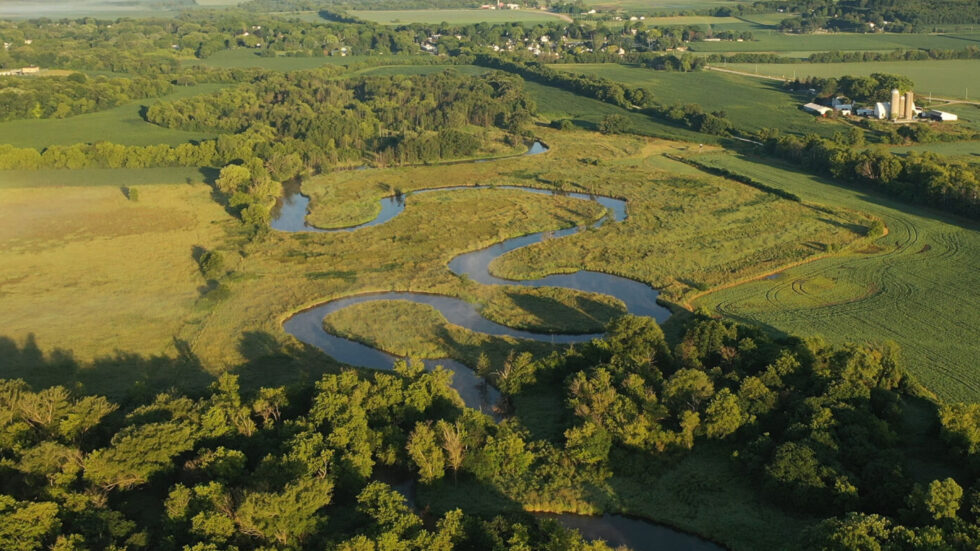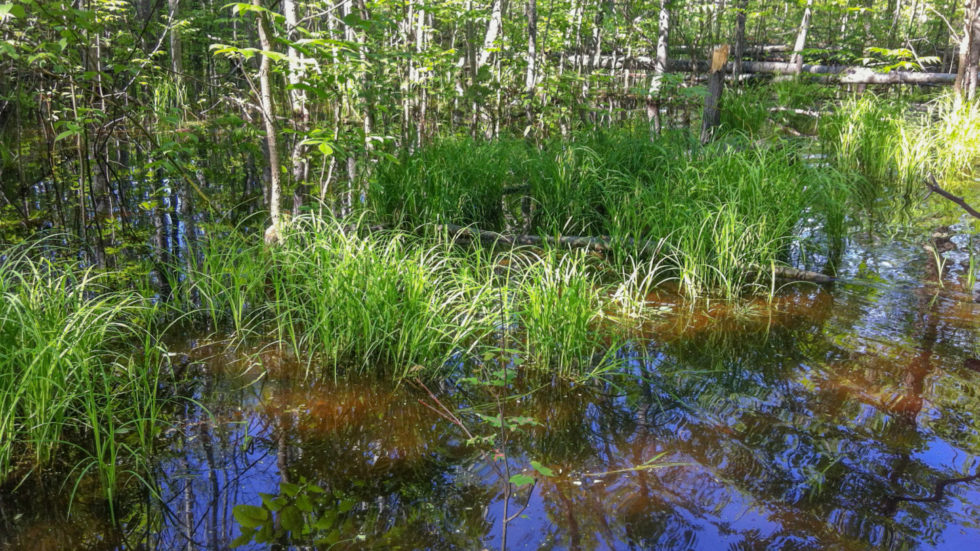This is part of a larger series on Wisconsin’s Wetlands Association’s collaboration with state agencies. We recommend reading the first part of the series, “Building policy and program supports for wetlands conservation: The importance of state agencies,” before reading the following agency profile.
The Wisconsin Department of Agriculture, Trade, and Consumer Protection (DATCP) is the agency that oversees and supports Wisconsin’s Soil and Water Conservation Program. This program’s requirements reside in state statutes and administrative rules, which among other things:
- Define what types of conservation practices are eligible for state cost-share dollars, and for what purposes.
- Require DATCP’s Conservation Engineering Program to provide training to county Land Conservation Department staff.
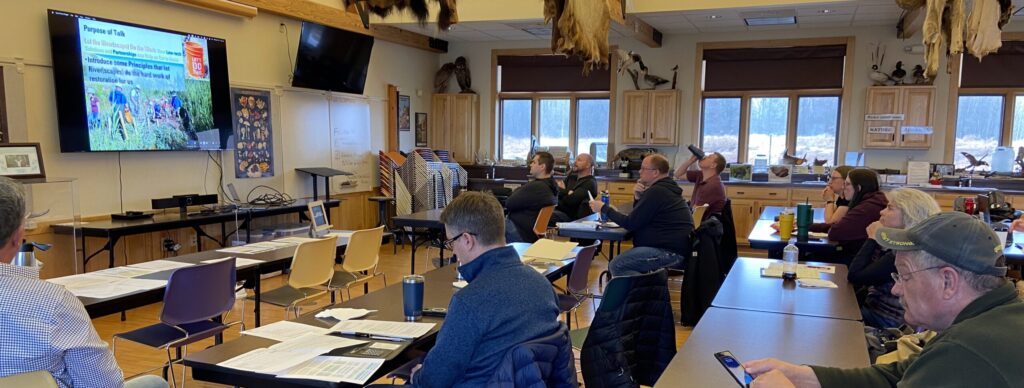
Over the past four years, WWA staff have collaborated with DATCP on trainings in person, online, and in the field to help build the agency staff’s understanding of hydrologic restoration.
The collaboration between DATCP and WWA launched in 2021 with a four-year, EPA-funded project focused on increasing adoption of wetland and stream restoration practices (e.g. hydrologic restoration) to help address water management issues in agricultural landscapes. The scope of work has included:
- Policy development to enable Land Conservation Department staff to provide state costshare dollars to landowners for voluntary hydrologic restoration projects.
- Development and delivery of trainings to improve knowledge of hydrology fundamentals among DATCP engineers and Land Conservation staff. These trainings also build capacity to assess where and how restoring degraded hydrology can help address erosion and water quality concerns.
Following a variety of virtual, classroom, and field-based trainings, the project will wrap up this summer with one last round of field-based trainings to help Land Conservation Department staff apply what they’ve learned, as well as an evaluation to measure learners’ progress and identify additional training needs.
We are also actively exploring funding to support the next phase of this work. Watch our blog for additional news on activities and outcomes from this expansive state agency collaboration.
Related content
Building policy and program supports for wetlands conservation: The importance of state agencies
Agency Collaboration Profile: Wisconsin Emergency Management
Agency Collaboration Profile: Wisconsin Department of Natural Resources
Success! Revised rule breaks down barriers to hydrology-focused wetland and stream restoration practices
Focus group findings will help guide WWA actions

